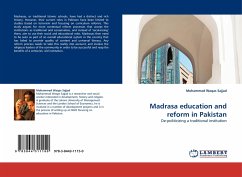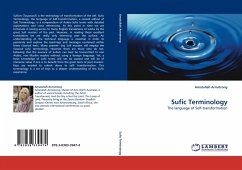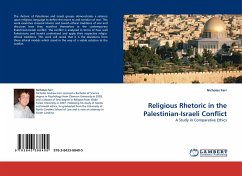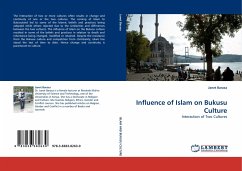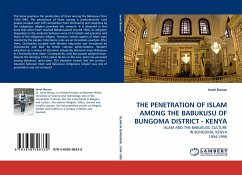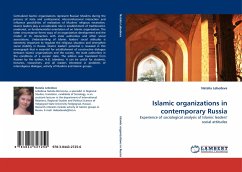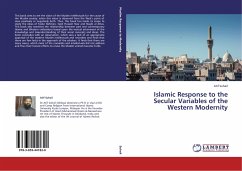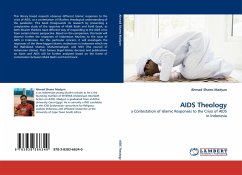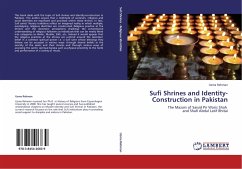
Sufi Shrines and Identity-Construction in Pakistan
The Mazars of Saiyid Pir Waris Shah and Shah Abdul Latif Bhitai
Versandkostenfrei!
Versandfertig in 6-10 Tagen
52,99 €
inkl. MwSt.

PAYBACK Punkte
26 °P sammeln!
This book deals with the topic of Sufi shrines and identity-construction in Pakistan. The author argues that a multitude of sectarian, religious and social identities are expressed and practised within these shrines. In fact, Sufi saints literary traditions reflect an imagined reality in which multiple, overlapping religious identities are constructed. Religious practice at the shrines and the devotees perceptions challenge the conventional understanding of religious followers as individuals that can be neatly fitted into categories as Hindu, Muslim, Sikh, etc. Instead it would appear that the...
This book deals with the topic of Sufi shrines and identity-construction in Pakistan. The author argues that a multitude of sectarian, religious and social identities are expressed and practised within these shrines. In fact, Sufi saints literary traditions reflect an imagined reality in which multiple, overlapping religious identities are constructed. Religious practice at the shrines and the devotees perceptions challenge the conventional understanding of religious followers as individuals that can be neatly fitted into categories as Hindu, Muslim, Sikh, etc. Instead it would appear that the religious practices at the shrines are centred around the devotees belief in a common spiritual power i.e. a Sufi saint whose blessings they believe can be accessed in various ways: through shared beliefs in the sanctity of the saints and their shrines and through various ways of accessing the saints spiritual baraka such as physical proximity to the tomb and performance of a variety of rituals.



